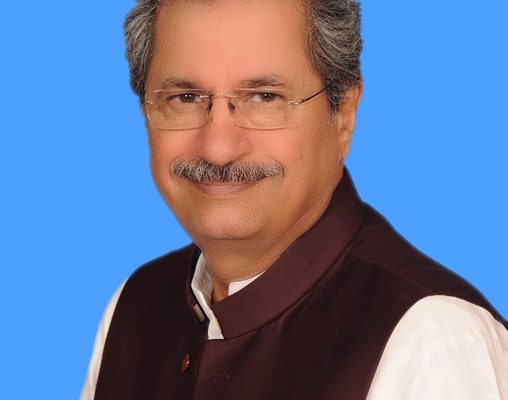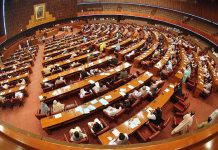ISLAMABAD: The ninth annual Rural Women Day Conference concluded its second session on Thursday at Lok Virsa. Potohar Organisation for Development Advocacy (PODA) had invited more than 1,000 participants from over 102 districts of the country to the conference, which was held to observe the United Nations commemoration of International Day of Rural Women, ever since 2008.
The participants demanded to put an end to the ongoing structural discrimination against women and ensure their rights, with a particular emphasis on the right to inheritance. They also noted the importance of rural women in promoting as well as protecting democracy, development and peace in the country.
PODA Executive Director Sameena Nazir asserted on the occasion that the most appropriate and effective way to end violence against women would be to prevent it from happening in the first place by addressing its root and structural causes through a revolution in-both men and women-mindset.
Over 50 organisations had partnered with PODA to organise this year’s conference that highlighted importance of justice in the country.
Many women speakers welcomed the adoption of laws to eliminate violence against women in the country and also urged the government to provide an effective training to the police and court officials for a lasting as well as widespread implementation of these laws in all areas.
It was also said that women who continued to bear the brunt of domestic violence were only doing so out of fear of being homeless and needed governmental relief. Legislation being adopted against early marriages was also greatly applauded and the participants demanded the government to set up mechanisms to monitor and ensure an effective implementation.
With regard to police brutality and institutionalized violations of legal code, the federal and provincial governments were demanded to monitor these institutions and train them on the rights of citizens at large and women in particular.
Female speakers also demanded the National Commission on Human Right to establish a hot line to receive and address public complaints against police brutality.
The Supreme Court was also asked to ensure a provision of gender sensitivity training to court officials in order to understand the problems of women litigants, reduce delays in prosecutions and improve systems that increase women’s accessibility to justice.
The participants then demanded a provision of economic, civil on top of political rights to women living in rural areas of the country.













